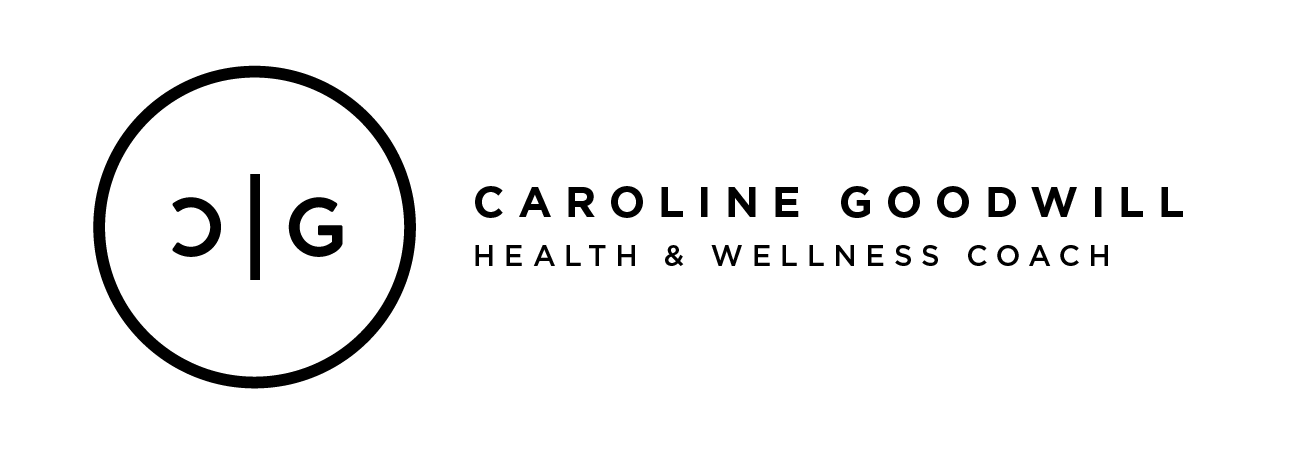SELFcare is the new HEALTHcare
In my coaching community, there is a saying that SELFcare is the new HEALTHcare
When it comes to SELFcare, the basics go a long way - if we’re willing to go there. I’m not going to promise you a magic pill. It’s about moving closer to a healthier lifestyle within your circumstances. Practicing SELFcare is maintenance for your body and mind. It helps prevent disease, lessen symptoms, and recover faster from a medical condition. Breathing, movement, and meditation can have a tremendous impact on your life. Small actions can make a big difference.
Here are some examples.
Breath. It all starts with a breath. If you think about it, what is the first thing you do when you find yourself in a new situation or facing a challenge? You take a deep breath. From that very first, intentional, conscious breath, you calm down your nervous system and anything becomes possible. It’s a way to mobilize your energy and anchor yourself. For instance, try to take 3 deep, intentional breaths before transitioning from work to home and notice if anything shifts.
Movement. Our bodies were designed to move. I’m not talking about spending hours at the gym every week, I’m talking about moving in a way that respects and supports your body and your well-being. Movement allows you to be in your body which in turn increases your capacity to process difficult emotions and meet what comes with confidence. In today’s world, lots of movement classes are offered online, either for free on Youtube or for a small fee. If you have 10 minutes to watch TV, you have 10 minutes to spend on your yoga mat or dance… Or it could be walking, gentle movements like yoga or tai-chi, or any movement that brings you joy. Think of the elements that make a movement enjoyable for you: Being outside? Connecting with a friend? Spending alone time? Being on a flexible schedule?
Meditation. Meditation isn’t about achieving some special state, but rather learning how to live well. Our monkey mind can get us stuck in loops of negativity, worry, anxiety, and worst-case scenarios. A mindfulness practice like a meditation - whether it’s 2 minutes or 10 minutes per day - allows us to observe what is happening in our body and mind, without judgement or trying to push it away. That realization alone creates space and gives us an opportunity to choose how we want to respond.
And one more thing: If you’re serious about being healthy, sleep has to be a priority. There is no way around that. You cannot achieve optimum health and feel your best if you’re not sleeping well.
Someone said: "If you don't take time for your wellness, you will be forced to take time for your illness.”
What can you do today? Ask yourself the following questions and answer sincerely: What can I do today to support my health and wellness? What need to change? How can I facilitate this change and make it sustainable?

